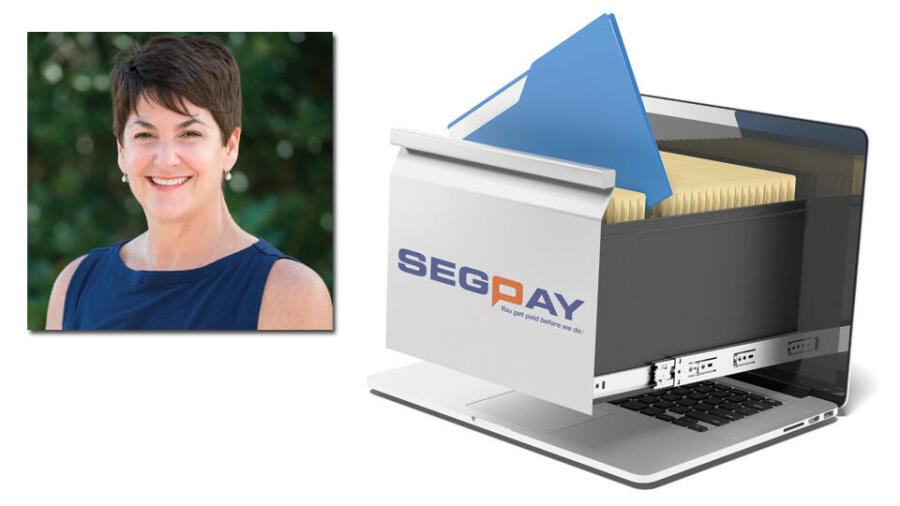Innovate, innovate, innovate. It’s the biggest buzzword when it comes to managing and sustaining a successful company. While it’s crucial to innovate and stay ahead of trends, many people overlook the general upkeep and maintenance required to run a business online.
You can have the best idea in the world, but if you are cut off from the financial system and aren’t organized operationally it won’t matter. The key to having a successful online business starts and ends with organization, day-to-day maintenance and effective planning upfront.
When I first started in this business in 2000, an online merchant would fill out a sign-up form, digitally sign an order and have an active account that same day. No IDs or company documents were collected. Boy have times changed!
The KYC (know your customer) requirements to which banks and card companies hold us accountable require everyone (banks, processors, PSPs, payment facilitators) to have a well-organized shop.
As a PSP, we go through annual audits from our acquiring banks, operational banks and the card brands. Each require two things: know your customer and stay up-to-date with documentation.
When I first started in this business in 2000, an online merchant would fill out a sign-up form, digitally sign an order and have an active account that same day. No IDs or company documents were collected. Boy have times changed!
Today we need to present a pile of paperwork to our banks to show that we are working with a credible business and we know the people behind it.
If you do not submit a clean package to the bank upfront, and start going back and forth with documents and financials, a bank can view you as untrustworthy and ultimately not push your account through for approval.
WITH THAT IN MIND, I’D LIKE TO SHARE A LIST OF ESSENTIALS TO HELP BUSINESS OWNERS GET ORGANIZED:
1 Invest in setting up your company correctly. Work with someone that specializes in corporate structure and setup to help you. It’s a big job and better to not do it alone. A professional will make sure you’re held accountable, and help establish the right and necessary foundation for your business.
2 Take the time to set up proper corporate documents which detail information down to the ultimate beneficial owner (UBO). Additionally, keep your corporate documents up-to-date, get your filings in on time, and don’t forget to pay the annual fees to keep your corporation active.
3 If you make modifications to the existing corporate paperwork, take the time to make amendments and have them filed as your business progresses. Don’t forget to send these filings to your financial partners so they can update their records. Changes will happen and people will come and go. Anticipate this and keep all documents up-to-date so you’re not overwhelmed later.
4 No matter how many layers you have to the company (i.e., local company being owned by a parent company) your bank, processor and other relevant parties will need to know everyone involved and who the ultimate beneficial owners are. Make that decision up-front and be transparent.
5 Whether you are in Europe or the U.S., you need a local director with local identification. P.O. boxes are no longer accepted by banks and processors. New “merchant location rules” which went into effect in 2017, require businesses to provide a physical address and office no matter how big or small.
6 There is no more hiding without a tax ID. If you reside in the U.S. you need an EIN number or your SSN. In Europe, having a VAT number further solidifies your operations.
7 Invest in having your corporate documents translated if you are working with banks that are outside of your local jurisdiction. It’s worth it.
8 Invest in having your end-of-year financials reviewed by a professional and maintain these records in a professional and diligent manner. If you have had a bad year or experienced any anomalies, take the time to document and explain them.
9 Now that your corporation is all set, don’t forget to make sure your website follows the designated ecommerce rules and regulations. It’s important to make sure your content meets the requirements of the card brands so it does not get flagged by the monthly spiders that banks use to report to the card brands.
10 Is your privacy policy up-to-date and does it cover the jurisdictions where you are conducting business?
11 Regarding your terms and conditions, be sure to include and publish a refund policy.
12 When sharing your “merchant location” be sure to have your corporate location disclosed on the footer of your website and in all documents from your company.
13 For billing support links, be sure you have an easy way for the customer to contact you for questions or concerns.
This may seem like a lot, but all of these steps are critical for managing a business and ensuring your company thrives. A failure to be organized could put the future of your business in jeopardy.
In summary, it may not be sexy and it may not be fun, but it’s crucial to keep your business records up-to-date and to ask the same of your vendors and others you need to pay. The “know your customer” rule, merchant location requirements and other mandatory disclosures can haunt you if you’re not prepared.
It took only three years for Cathy Beardsley to turn startup SegPay into a profitable company. As president and CEO, Beardsley oversees the day-to-day operations and long-term strategic planning for the company. SegPay is one of four companies approved by Visa USA to operate as a high-risk internet payment service provider in the U.S. Since 2005, SegPay has offered online merchants a state-of-the-art billing platform that provides realtime payment processing around the globe.








